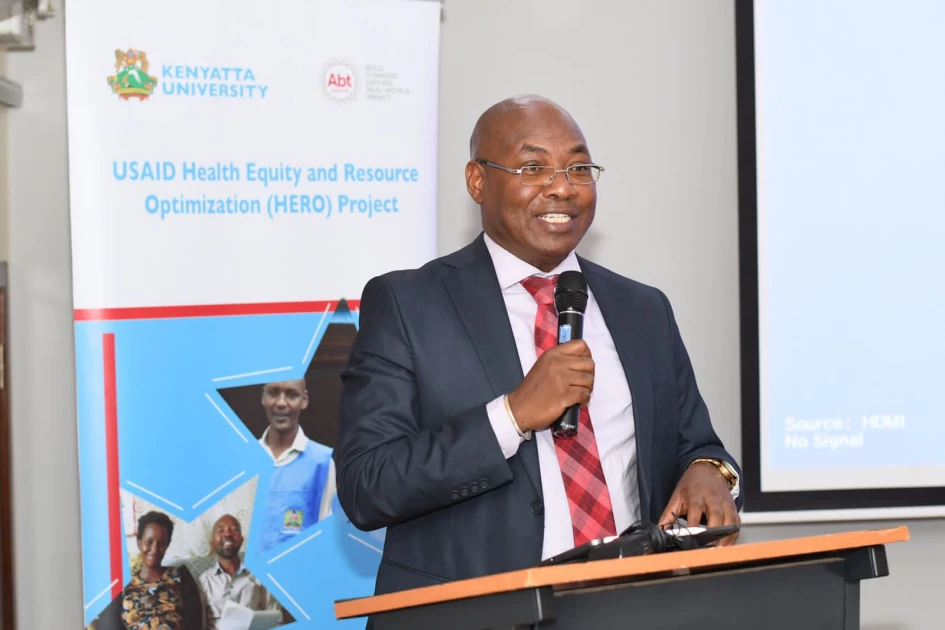MoH dismisses reports of substandard HIV testing kits in Kenya

Principal Secretary for Medical Services, Harry Kimtai.

Audio By Vocalize
In a statement on Monday, Principal Secretary for Medical Services Harry Kimtai noted that the claims are untrue and that the gains made in the response to HIV are not rolled back.
Kimtai added that routine quality assurance proficiency tests critically aid in monitoring and safeguarding the quality of HIV testing in Kenya.
"The Ministry of Health assures Kenyans of its unwavering commitment to ensuring access to the highest-quality health services and urges all citizens to continue seeking HIV testing services across the country," read the statement in part.
The PS added that the Ministry aligns with the most recent advisory from the World Health Organization (WHO) which will see Kenya move from a two-test algorithm to a three-test algorithm.
This protocol means using three different test kits in a defined sequential manner for accurate HIV diagnosis.
"The three-test algorithm marks a pivotal advancement in diagnostic accuracy, which is critical in Kenya, fight against HIV and AIDS, underscoring the MOH's dedication to the health and well-being of all citizens," said Kimtai.
The latter comes after a Chinese company, Guangzhou Wondfo Biotech Co Ltd, allegedly sued the Kenyan government for classifying its HIV testing kits as substandard.
The company claims that it was wrongfully reclassifying its HIV testing kit to its disadvantage which they say cost them a bid to supply a new set of testing materials the country is adopting.
The firm also alleges that the company which won the tender to supply the kits made substandard ones, and this could lead to inaccuracies because “the kits are inefficient”.
Director General of Health Dr Patrick Amoth, through a reply in the case filed in the High Court, argued that the company knew that the kits had been placed in the second level of classification, Assay 2 (A2).
The specificity of a kit is used to detect an HIV negative status while the sensitivity of a kit detects an HIV positive status. Testing kits are categorized as either A1, A2 or A3 based on their specificity and sensitivity.
According to MoH, Kenya has the 7th largest HIV epidemic in the world, with an estimated 1.4 million people living with HIV (PLHIV).
As of the end of December 2023, 1,336,234 PLHIV were receiving treatment at 3,752 facilities across the country.
"Annually, over 8 million HIV tests are conducted in a standardized manner across different populations in over 8,851 public, private, and faith-based HIV testing sites across the country," the Ministry notes.


Leave a Comment